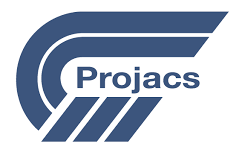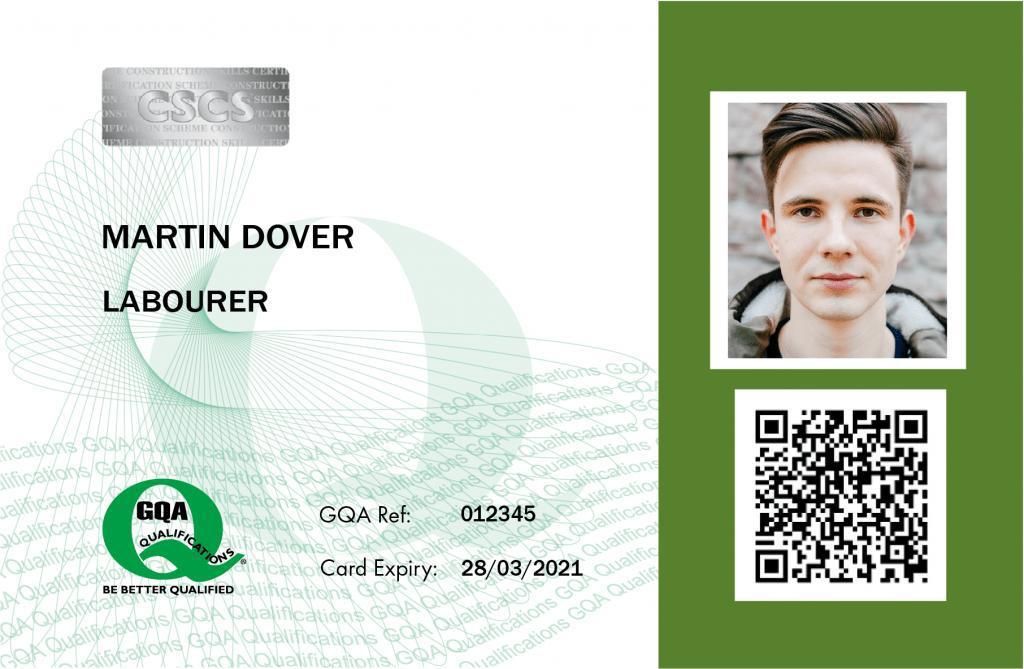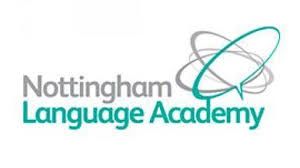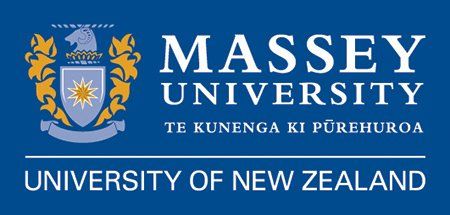
Excellence in Crisis Management, Administrative Change, and Sustainability
Course ID: 2508047101160EGI
Course Dates : 04/08/25 Course Duration : 5 Studying Day/s Course Location: Dubai, UAE
Language: Bilingual
Course Category: Professional and CPD Training Programs
Course Subcategories: Leadership and Management Excellence
Course Certified By: * Projacs Academy
* Professional Training and CPD Programs
Certification Will Be Issued From :
KSA
Course Fees: £2,940.22
Vat Not Included in the price. VAT may vary depending on the country where the course or workshop is held.
Click to Pay
Date has passed please contact us Sales@e-s-hub.com
Course Information
Introduction
The ability to navigate crises effectively while driving sustainable change is a cornerstone of modern organizational success. In an era marked by rapid technological advancements, geopolitical shifts, and environmental concerns, organizations face unprecedented challenges that demand adaptive leadership and strategic foresight. This course delves into the intersection of crisis management, administrative transformation, and sustainability, equipping participants with the tools needed to thrive amidst uncertainty. Drawing on frameworks such as Kotter’s Eight-Step Change Model and the United Nations Sustainable Development Goals (SDGs), this program bridges theory and practice to address real-world complexities.
Crises often expose vulnerabilities within systems, revealing gaps in preparedness and resilience. For instance, during the 2008 financial meltdown, many organizations struggled due to inadequate risk assessment protocols and rigid operational structures. Similarly, the global pandemic underscored the importance of agile decision-making and robust contingency planning. These events highlight the pressing need for professionals who can anticipate disruptions, implement effective responses, and foster long-term recovery strategies. By addressing these critical areas, the course seeks to close existing knowledge and skill gaps that hinder proactive crisis mitigation.
Sustainability has emerged as a pivotal factor influencing organizational viability and public perception. Companies like Patagonia have demonstrated how integrating environmental stewardship into core operations not only enhances brand loyalty but also drives innovation. Conversely, entities failing to prioritize sustainability risk reputational damage and regulatory penalties. The course emphasizes aligning administrative reforms with sustainable practices, ensuring participants understand how to balance profitability with ecological responsibility—a dual mandate increasingly demanded by stakeholders worldwide.
Participants will explore case studies illustrating successful crisis interventions and transformative initiatives. Consider Toyota’s response to its 2010 recall scandal: through transparent communication and process reengineering, the company restored trust and maintained market leadership. Such examples underscore the value of mastering the course content, which empowers individuals to lead confidently during turbulent times. Moreover, organizations benefit from enhanced operational efficiency, improved employee morale, and strengthened stakeholder relationships when their leaders are equipped with these competencies.
The interdisciplinary nature of the subject matter ensures broad applicability across sectors. Whether managing supply chain disruptions, implementing digital transformations, or spearheading green initiatives, the principles taught in this course provide a universal foundation for excellence. Grounded in research-backed methodologies and industry best practices, the curriculum prepares learners to tackle multifaceted challenges with precision and creativity. Participants will leave equipped not only to respond to immediate threats but also to cultivate enduring resilience within their organizations.
Ultimately, this course represents more than professional development—it embodies a commitment to fostering ethical, forward-thinking leadership. As industries grapple with evolving expectations and mounting pressures, those who embrace continuous learning stand poised to shape the future. By investing in this training, individuals position themselves as catalysts for positive change, capable of steering their organizations toward sustained growth and impact.
Objectives
By attending this course, participants will be able to:
Analyze the root causes of organizational crises using established diagnostic frameworks.
Evaluate the effectiveness of current administrative policies and propose evidence-based improvements.
Design comprehensive crisis response plans aligned with international standards and compliance requirements.
Implement sustainable practices that integrate environmental, social, and governance (ESG) criteria into daily operations.
Apply change management theories to facilitate smooth transitions during periods of significant organizational restructuring.
Assess the role of technology in enhancing crisis preparedness and sustainability efforts.
Synthesize lessons learned from real-world case studies to develop innovative solutions tailored to unique organizational contexts.
Who Should Attend?
This course is ideal for:
Senior executives and managers responsible for strategic decision-making and policy formulation.
Human resource professionals tasked with fostering organizational culture and employee engagement during change initiatives.
Consultants specializing in risk management, sustainability, or organizational development.
Public sector officials involved in disaster recovery and community resilience programs.
Environmental specialists seeking to align corporate strategies with sustainability goals.
Training Method
• Pre-assessment
• Live group instruction
• Use of real-world examples, case studies and exercises
• Interactive participation and discussion
• Power point presentation, LCD and flip chart
• Group activities and tests
• Each participant receives a 7” Tablet containing a copy of the presentation, slides and handouts
• Post-assessment
Program Support
This program is supported by:
* Interactive discussions
* Role-play
* Case studies and highlight the techniques available to the participants.
Daily Agenda
The course agenda will be as follows:
• Technical Session 08.30-10.00 am
• Coffee Break 10.00-10.15 am
• Technical Session 10.15-12.15 noon
• Coffee Break 12.15-12.45 pm
• Technical Session 12.45-02.30 pm
• Course Ends 02.30 pm
Course Outlines
Foundations of Crisis Management
Understanding the anatomy of a crisis: Types, triggers, and impacts.
Key frameworks for crisis identification and analysis.
Building a resilient organizational culture.
Legal and ethical considerations in crisis scenarios.
Day 2:
Administrative Change and Transformation
Principles of effective change management.
Overcoming resistance to change: Strategies and techniques.
Role of leadership in driving successful transformations.
Measuring the success of change initiatives.
Day 3:
Integrating Sustainability into Operations
Introduction to ESG metrics and reporting frameworks.
Aligning business objectives with the UN SDGs.
Best practices for reducing carbon footprints and waste.
Engaging stakeholders in sustainability efforts.
Day 4:
Technology and Innovation in Crisis Response
Leveraging data analytics for predictive modeling.
Cybersecurity measures to protect against digital threats.
Tools for remote collaboration during emergencies.
Emerging technologies shaping the future of crisis management.
Day 5:
Practical Applications and Future Trends
Developing a personal action plan for crisis readiness.
Case study workshop: Lessons from global crises.
Anticipating future trends in risk and sustainability.
Networking session: Sharing insights and building partnerships.



















































